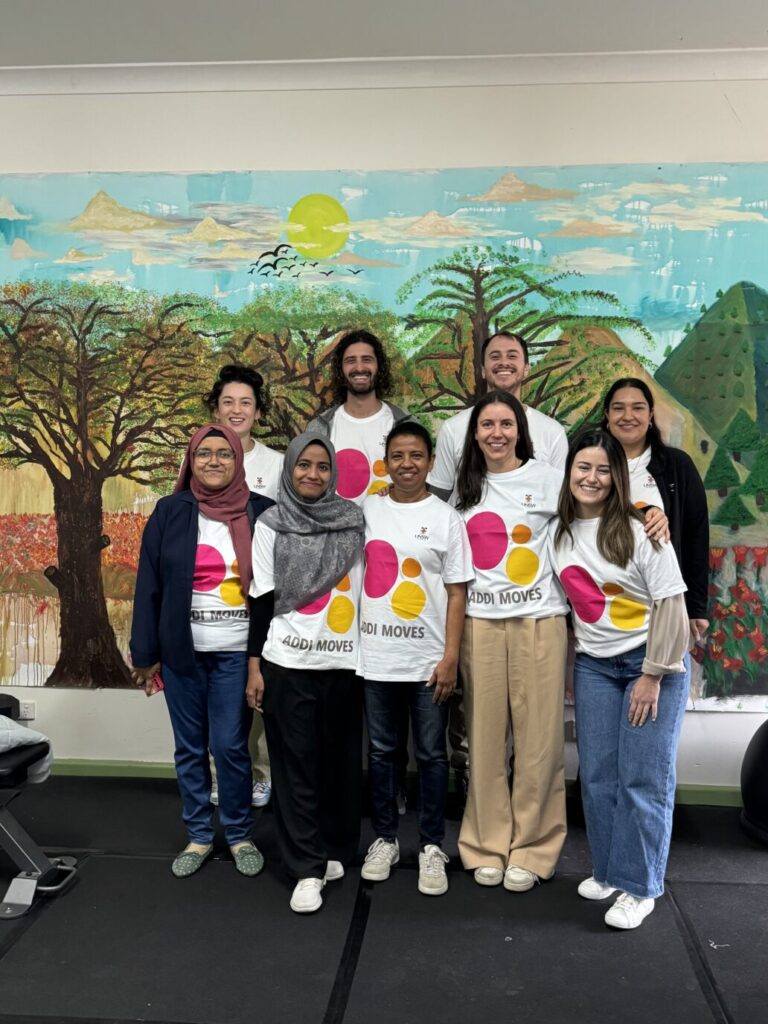Integrated Models of Mental Healthcare Show Promise in Enhancing Outcomes for Young People
A recent systematic review and meta-analysis has shed light on the effectiveness of integrated models of mental healthcare for young people aged 12-25 years.
Dr Catherine McHugh, Consultant Psychiatrist and Researcher at Mindgardens Neuroscience Network and UNSW said the study aimed to evaluate the impact of integrated care on clinical outcomes, quality of life, satisfaction with care, and health service delivery outcomes.
Additionally, the researchers sought to identify common components of successful integrated mental health interventions.
“We wanted to know if the use of integrated care, which involves seamless, effective and efficient care that responds to all of a person’s health and social care needs, provided more benefit to the patient in comparison to standard care, whereby patients can often fall through the cracks,” said Dr McHugh, co-author of the report published in Australian and New Zealand Journal of Psychiatry.
The study analysed data from studies published between 2001 and 2023 that assessed clinical or health service use outcomes of an integrated care intervention.
Dr Michael Hodgins, Senior Research Associate at the School of Clinical Medicine at UNSW, said the focus was specifically on comparing integrated care with treatment as usual (TAU) for any mental health condition in young individuals accessing community-based care.
“Health services in many countries, including Australia, are facing an unprecedented demand for mental healthcare for young people. In the face of such demand, it can be challenging for health services to deliver high-quality mental health care, which is timely, effective, evidence-based, safe and person-centred,” Dr Hodgins, co-author of the report, said.
“The delivery of high-quality mental healthcare to young people and their families faces additional challenges. Young people frequently describe difficulty in engaging with services which are not orientated towards young people and may be particularly vulnerable to geographical and financial barriers to accessing care.
“It’s why this research, validating the benefits of integrated care, is so valuable – it demonstrates that when clinicians and services act together to provide streamlined experiences to youth, we help remove barriers and provide better outcomes to some of our most vulnerable,” Dr Hodgins said.
Out of 11,444 titles initially identified, 15 studies met the inclusion criteria, and six studies were included in the meta-analysis. The pooled effect size indicated that integrated care was associated with a greater reduction in depressive symptoms.
Furthermore, all seven studies reporting access or engagement rates showed higher participation in the intervention arm.
The most frequent components of successful integration included:
- Multidisciplinary Teams: 13 out of 15 studies emphasised the importance of involving a multidisciplinary team in providing comprehensive mental healthcare.
- Shared Treatment Planning: 11 out of 15 studies highlighted the value of collaborative treatment planning, where healthcare providers work closely with patients and their families.
- Workforce Training: 14 out of 15 studies emphasised the need for workforce training to ensure that mental health professionals are well-equipped to deliver integrated care effectively.
Professor Jackie Curtis, Executive Director at Mindgardens, said the study confirmed that investment in patient-centric services, especially for young people, is worthwhile.
“While the effect size may be small, the findings suggest that integrated models of mental healthcare can significantly enhance outcomes for young people experiencing depressive symptoms,” Professor Curtis said.
“As mental health continues to be a priority, further research and implementation of integrated care approaches are warranted.”
Brings together the strengths of four founding organisations









